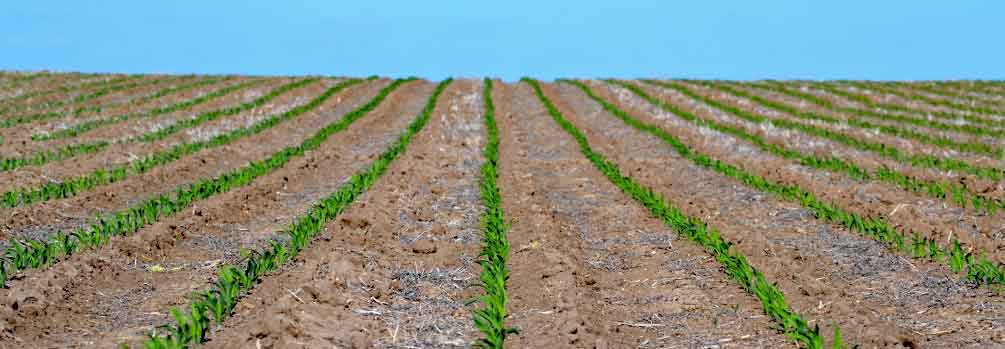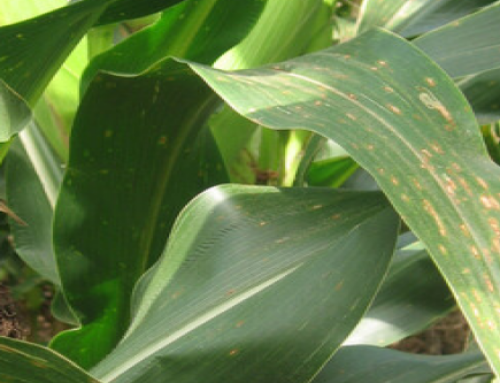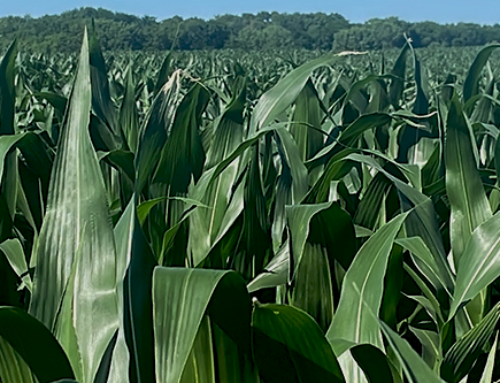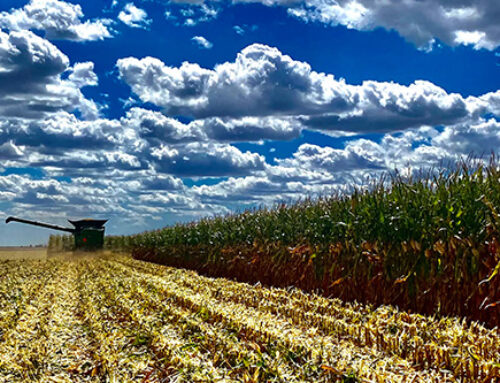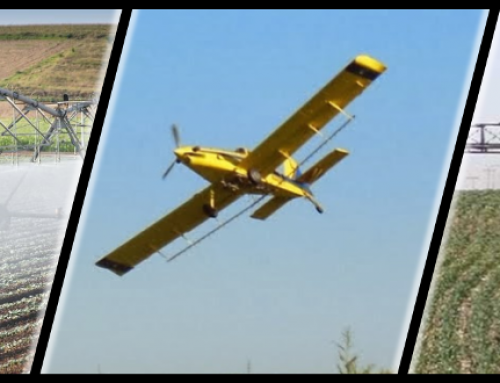Looking in the corn yield test plot booklet and selecting the top yielding corn hybrid for the last year is not the best way to select corn seed for planting this coming year.
There should be lots of planning that goes into making this decision between the farmer, the corn seed dealer and the agronomist long before the seed is even selected. Every corn hybrid has certain characteristics bred into the seed from the genetic makeup of the parents, which gives the hybrid advantages under the conditions it should be planted. Before selecting the corn hybrid, the farmer must know the management conditions and the limiting factors under which he is going to plant the seed.
- Is the soil sandy or a heavier type ground?
- Is low pH an issue or is the soil calcareous and has a high pH?
- Is there abundant water available for irrigation or will the water be limited?
- What is the length of the growing season?
- Are you planning to doublecrop?
- Will the seed be planted early into a colder soil or will it be delayed and planted when the soil is warmer?
- Are there potential diseases present or are these fields more prone to diseases such as Goss’s Wilt, Gray Leaf Spot, Head Smut and others.
- What seed population will be planted, high or low?
- Is ear-flex important or is a fixed ear hybrid better?
- Do you need certain GMO traits bred into the seed for added advantage?
These are just a few of the many questions that need to be asked before finally sitting down with the seed dealer to order the specific corn hybrid and traits. Many seed dealers are very knowledgeable about their corn seed, but others are just trying to sell a product, or push the plot winner, or push a high inventory hybrid without consideration of the conditions. If the seed dealer is not knowledgeable about their product, be sure to visit with your agronomist or ask to visit with the seed company agronomist. It is critical to know the genetic makeup of the seed you are selecting for the planting conditions. Only then should you look for a high performing hybrid that has consistently been at the top or near the top of the higher yielding corn test plots for a number of years, planted under similar type conditions as what you will be planting.
